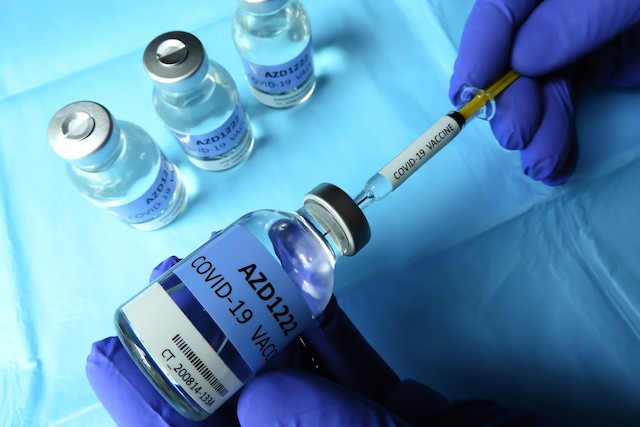The European Medicines Agency (EMA) has so far not approved any of the vaccines being developed against the coronavirus. The UK on 2 December became the first country to approve the Pfizer/BioNTech vaccine for widespread use. Other contenders are vaccines developed by Moderna and AstraZeneca.
Prime minister Xavier Bettel during a press conference on 4 December said the EMA would not be pressured by the UK’s decision but proceed in its approval process with care and caution.
“The safety of patients and the effectiveness of the vaccine are paramount,” added health minister Paulette Lenert.
The estimated time of arrival for a vaccine in the EU remains unclear but is expected later this month or in January. Luxembourg is ready to open its first test centre at the Victor Hugo hall in Limpertsberg, Luxembourg City, in mid-December.
Further centres will follow in Belval, Findel and Ettelbrück. The search for a site in the east of the country is ongoing.
Healthcare staff, including carers at nursing homes or assistance services, will be the first to be invited to get immunised. They will be followed by the residents of care facilities. The following steps have not yet been identified as the government is awaiting information from the EMA about the authorisations issued.
The state won’t make the vaccine mandatory, both Bettel and Lenert said. The labour ministry has requested a legal opinion on whether companies could require employees to get vaccinated.
The distribution of the vaccine will be managed by the government. Similar to the large-scale testing programme, people will receive an invitation with a code to schedule an appointment to get vaccinated at one of the test sites. The state will cover the costs of immunisation.
“I will get vaccinated,” Bettel said. “It’s a question of responsibility, but we respect the choice.” A communication and awareness-raising campaign are planned, with Lenert saying the fast-tracked development of the vaccine respected the standards applicable under normal conditions
Around 70% of the population will need to be vaccinated to achieve herd immunity, Lenert said. Through contracts with the EU, Luxembourg has secured enough doses to immunise more than 824,000 people but it remains unclear when exactly these contracts will be fulfilled.
Luxembourg is currently under a partial lockdown with restaurants, bars, cinemas, theatres, fitness studios and swimming pools closed until 15 December. Bettel said the government would convene next week to assess the impact of the restrictions, which also include a nightly curfew and rule of two.
“I don’t want to raise false hopes,” the PM said when asked about measures that could be in place for the Christmas holidays. “It would be wrong to assume that the virus takes a break over Christmas,” he said.
Lenert, too, warned that the coming months would remain difficult, with flu viruses spreading faster during the winter months. She appealed to the public to persevere with the pending arrival of a vaccine offering hope for a “light at the end of the tunnel,” she said.
